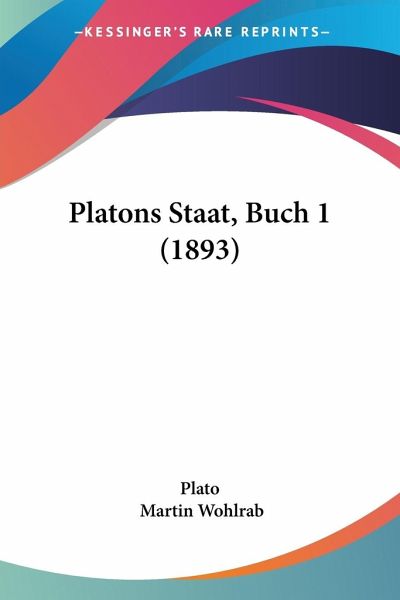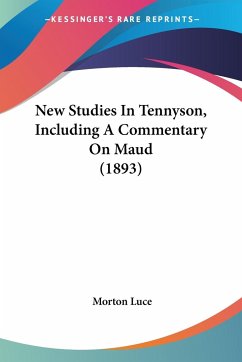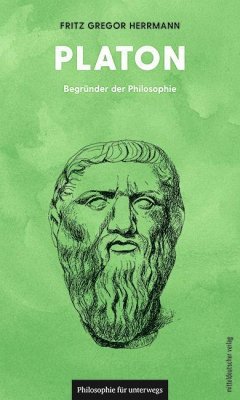
Platons Staat, Buch 1 (1893)
Versandkostenfrei!
Versandfertig in 1-2 Wochen
19,99 €
inkl. MwSt.

PAYBACK Punkte
10 °P sammeln!
Platons Staat, Buch 1 (1893) ist ein Buch, das von dem antiken griechischen Philosophen Plato geschrieben wurde. Das Buch ist Teil seines Werkes ""Der Staat"" und behandelt die Frage, was eine ideale Gesellschaft ausmacht. In Buch 1 diskutieren Socrates und Glaucon die Natur der Gerechtigkeit und ob es besser ist, gerecht oder ungerecht zu sein. Die Diskussion f¿¿¿¿¿hrt zu einer Untersuchung der Natur des Staates und der Rolle, die er in der Gesellschaft spielen sollte. Platons Staat, Buch 1 ist ein wichtiger Text in der Philosophie und hat einen grö¿¿¿¿en Einfluss auf die politische...
Platons Staat, Buch 1 (1893) ist ein Buch, das von dem antiken griechischen Philosophen Plato geschrieben wurde. Das Buch ist Teil seines Werkes ""Der Staat"" und behandelt die Frage, was eine ideale Gesellschaft ausmacht. In Buch 1 diskutieren Socrates und Glaucon die Natur der Gerechtigkeit und ob es besser ist, gerecht oder ungerecht zu sein. Die Diskussion f¿¿¿¿¿hrt zu einer Untersuchung der Natur des Staates und der Rolle, die er in der Gesellschaft spielen sollte. Platons Staat, Buch 1 ist ein wichtiger Text in der Philosophie und hat einen grö¿¿¿¿en Einfluss auf die politische Theorie und die Entwicklung der westlichen Zivilisation gehabt.This scarce antiquarian book is a facsimile reprint of the old original and may contain some imperfections such as library marks and notations. Because we believe this work is culturally important, we have made it available as part of our commitment for protecting, preserving, and promoting the world's literature in affordable, high quality, modern editions, that are true to their original work.












